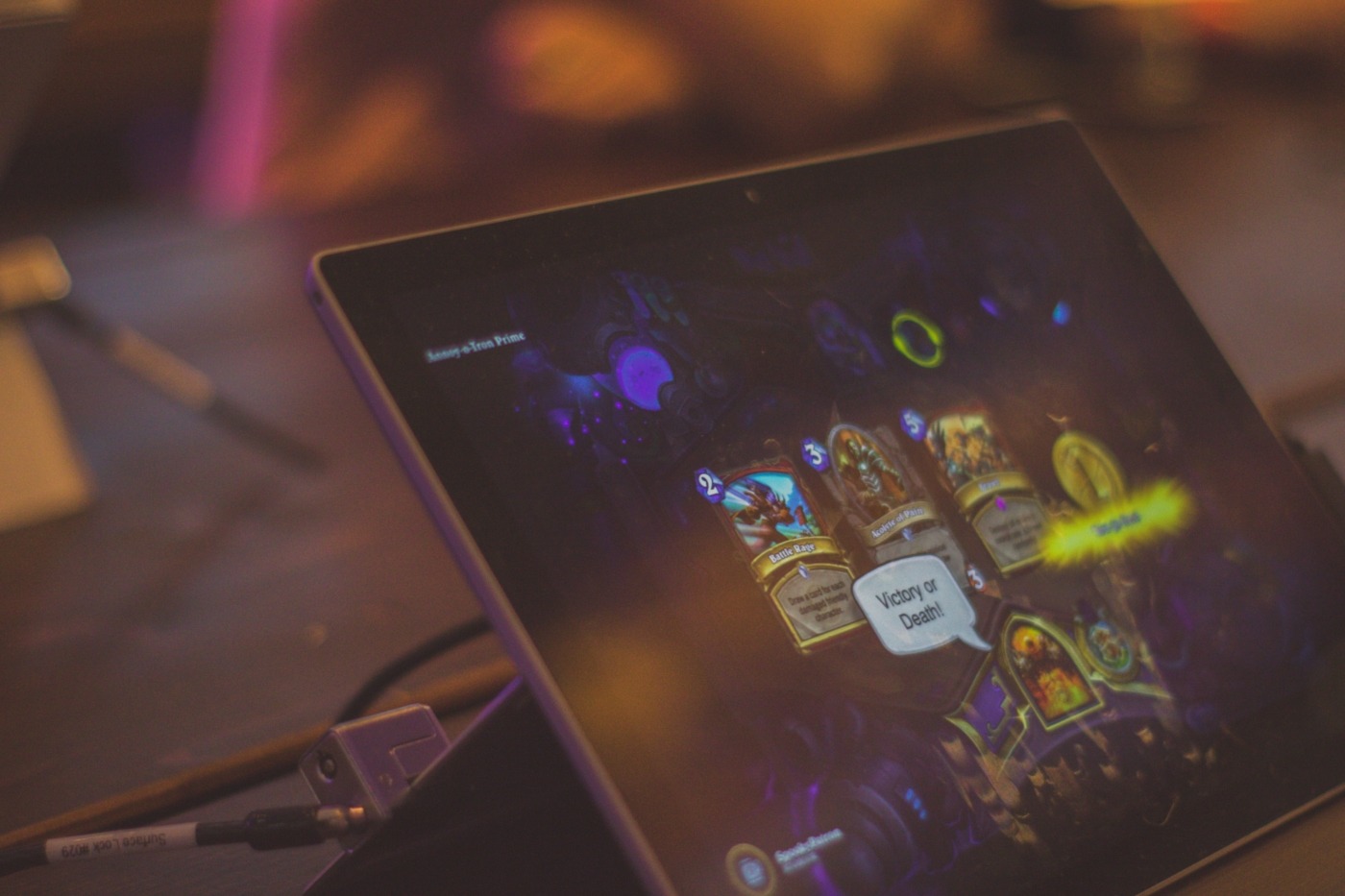Mobile gaming: a double-edged sword
Mobile gaming has come a long way in the past two decades. The now $63.2 billion industry, which makes up 47% of gaming’s total market value, is a far cry from the days of Snake on the Nokia 6110. Though perhaps because these humble beginnings are so fresh in the minds of many, mobile platforms are still seen as third rate by ‘the hardest of hardcore’ gamers. You only need to look back at Diablo Immortal’s announcement and surrounding backlash last November to see their distaste. But despite the disapproval, with longtime industry juggernauts like Blizzard, Epic and Bethesda making moves in the mobile space, is it time that these games got the respect they deserve or do fans have a reason to be worried?
In many ways, mobile games have not quite moved past their basic roots. In the early days of the App Store, Doodle Jump and Angry Birds reigned supreme as the games of choice in our school breaks. The intuitive tilting and slingshot mechanics both came naturally. Though uncomplicated controls did not always mean the game was easy. Flappy Bird, which earned its developer countless hateful tweets and even death threats, had only a single control; you would tap the screen to make your bird flap its wings and navigate a series of gaps. The game’s uncomplicatedness did not stop me nor my classmates pouring in hours of game time to beat that one kid’s high score who somehow got over 300.
We would gather around the lucky few with these devices to watch and barter for turns
None of the games were mind-blowing from a technical or graphical standpoint but that was not the point. We would gather around the lucky few with these devices to watch and barter for turns. Even as smartphones grew in prevalence, this shared experience aspect remained. We would compare high scores, battle for supremacy and school-wide notoriety and sometimes team up or fight it out in-game too. Break times became like 20-minute LAN-parties, everyone diving into the latest craze.
Mobile gaming can have its darker side too
As time has passed the idea of what these games can be has developed too. Bethesda has just released Elder Scrolls: Blades in early access. Despite the advertised simplicity of the game, the fact it can be played with only one hand, this has not stopped the title being too technologically demanding for some devices. Furthermore, in spite of all the hate it attracts, Epic’s Fortnite has demonstrated a masterclass of excellent business decisions, not least of which is their mobile version. Sure, it may be trimmed down graphically and the controls can be a tad clunky but the fact that anyone has the ability to at any time team up with three friends and jump into the world’s most popular game is mind-blowing.
However mobile gaming can have its darker side too. Most games across both Google Play and the App Store are free to download, roughly 95% and 90% of their total selections respectively. Though these games are not free to make and often contain in-game purchases to cover development costs. Some titles handle these well, containing only one-time purchases to remove ads or unlock additional content. Others can be more predatory, preying on addictive tendencies and players of all ages can wind up in £100s even £1000s of debt.
The free to play model does have its upsides. Players can try a game before they buy, and even then some games can be played for free without buying anything ever with no disadvantage in doing so. But not needing to spend and not being encouraged to spend are not the same.
Games are meant to bring joy
Gaming is at its best when you are having fun with friends. Mobile games allow anybody anywhere to engage and share in experiences with others at any time. Unfortunately, this constant access carries over to the most addictive and damaging of titles too. As a community of gamers, we should curate and promote the best titles, those like Florence a game with a beautiful story and a one-time purchase, or games where the microtransactions are less predatory. We should not spend money in a game if we do not have it and if you or a friend is struggling, try reaching out. Games flood our systems with dopamine that makes that exclusive 24-hour in-game armour set look particularly appealing. I find it helpful to always take a break before buying, even waiting until the next day to make absolutely sure it is money I want to spend. Games are meant to bring joy, so make sure they do to you.

Comments (1)